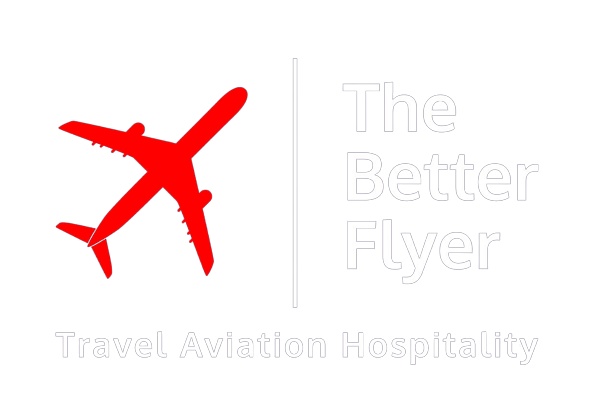Accessibility means different things to different people – it could be vision or hearing impairment for you, say; neurodiversity, limited mobility, or perhaps the need for wheelchair access for someone else. Navigating such varied requirements – as a traveller, but also as a hotelier – takes planning, insight and a whole lotta intel.
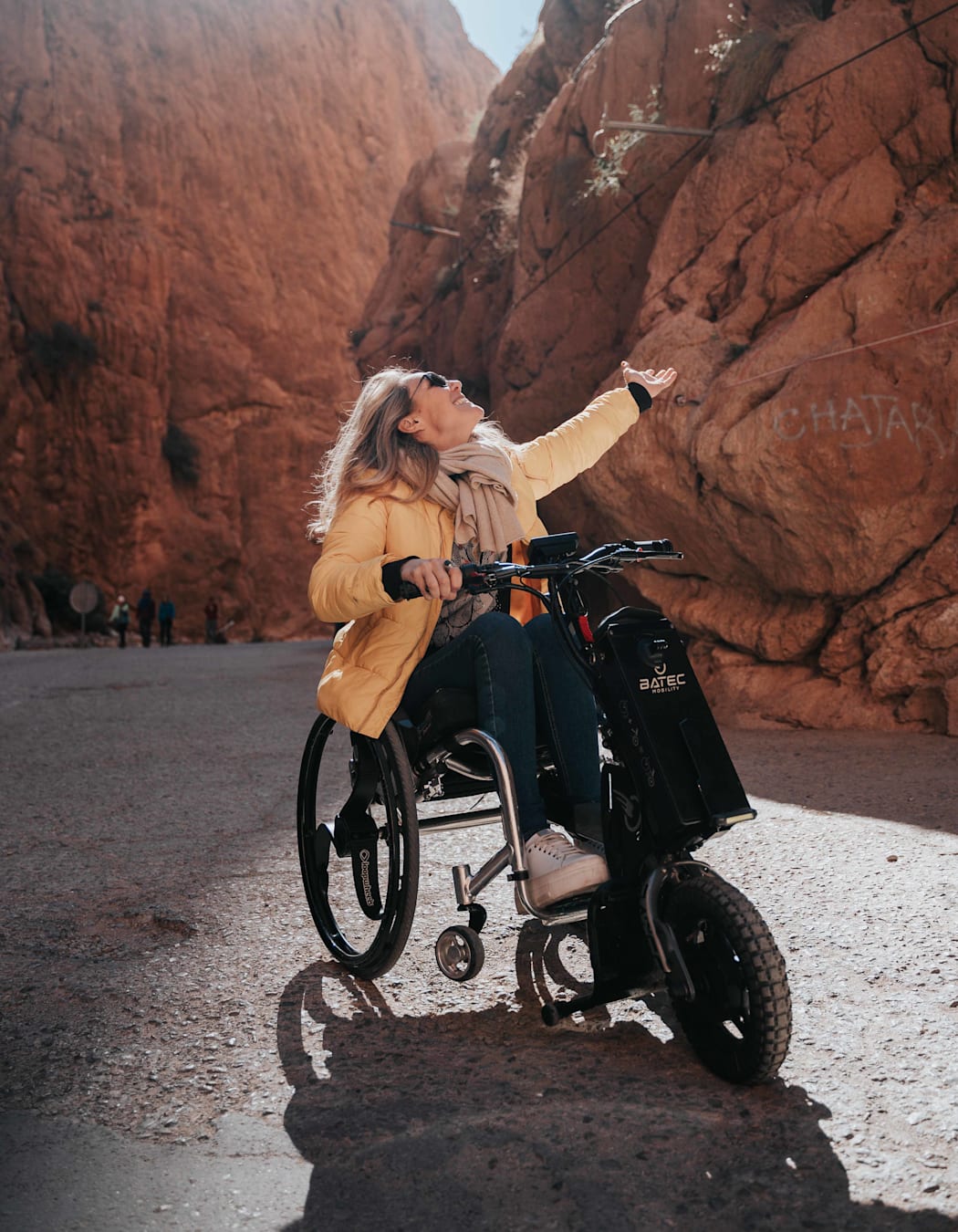
We spoke to Sophie Morgan, a British television presenter and accessible travel campaigner who’s clocked up more than a few miles (and adventures) for her insights into the challenges and triumphs of luxury travel.
As well as being a broadcaster, Sophie co-runs a media production company, and advocates for better access to air travel through her campaign, Rights on Flights (the subject of a Channel 4 documentary, slated for July 2024). She is a manual wheelchair user and a T5 paraplegic, and in 2023, she moved from the UK to California.
How are you finding living in the US compared to the UK?
The US is a world apart, it’s very liberating. It’s so accessible to me as a manual wheelchair user: accessible toilets are everywhere and they’re integrated into the main space [of a public building]. And access is usually through the front door, which feels very inclusive. In the UK, I felt very ‘othered’.
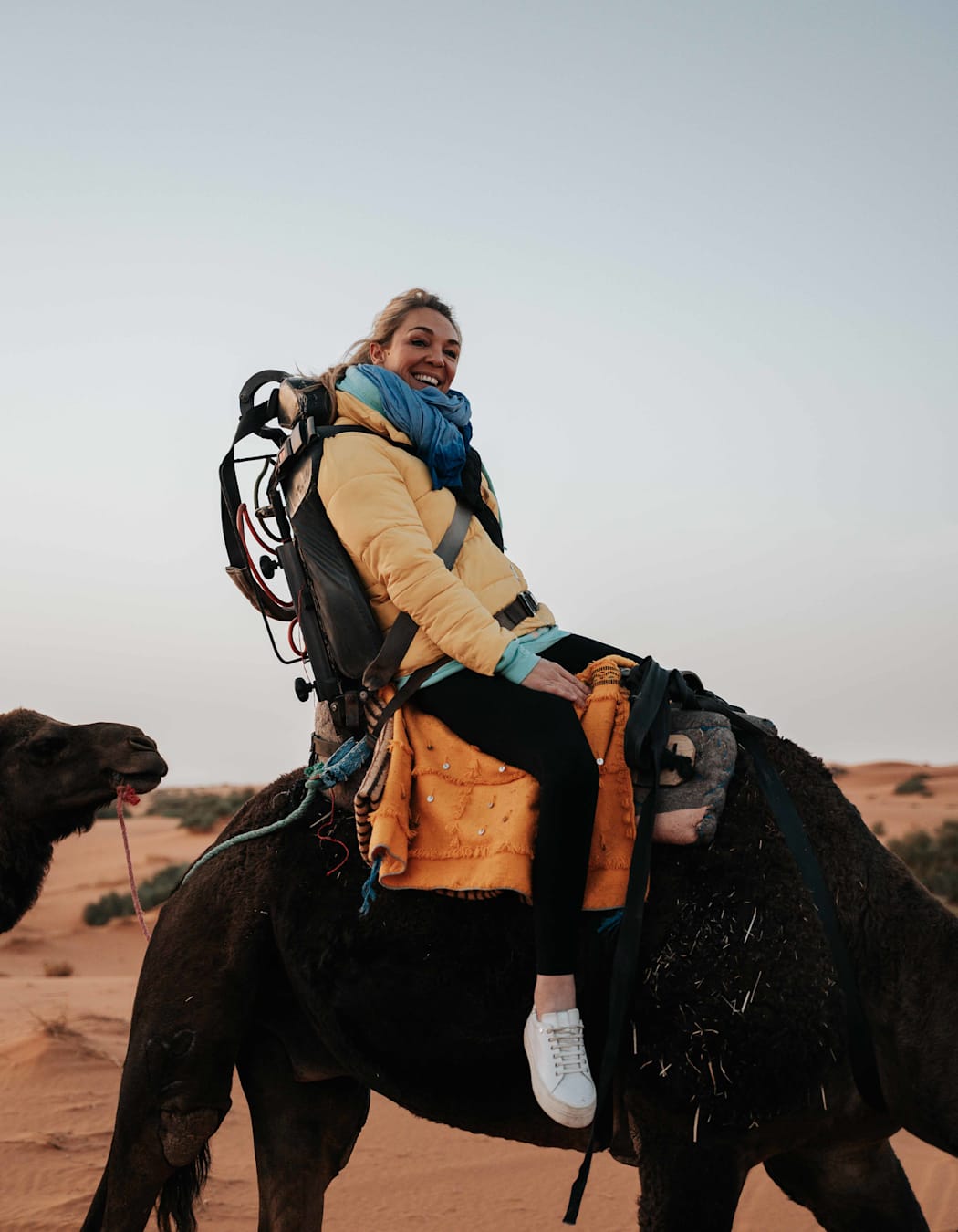
What do you think of the UK’s Equalities Act and its power to protect people with disabilities?
In the US, the legislation [that governs requirements for public spaces] is more robust; the term ADA [Americans with Disabilities Act] really opens doors – whereas in the UK, most people don’t flex the Equalities Act [the legislation that governs, among other things, rights to access], and if we do, we just get that rebuttal of ‘Oh well, it’s an old building’. In the UK, some people hide behind the Equalities Act loophole that requires building owners to make ‘reasonable adjustments’ only.
Old buildings are our biggest barrier [in the UK and Europe], because they’re so hard to adapt and retro-fitting access is not easy – especially in the luxury sector, where attention to detail is everything. The thought of integrating an ugly old ramp somewhere fills hoteliers with horror, and I get it: nobody wants to have that. But the landscape is changing, and design is improving: increasingly, universal design principles are being integrated into [the hotel space].
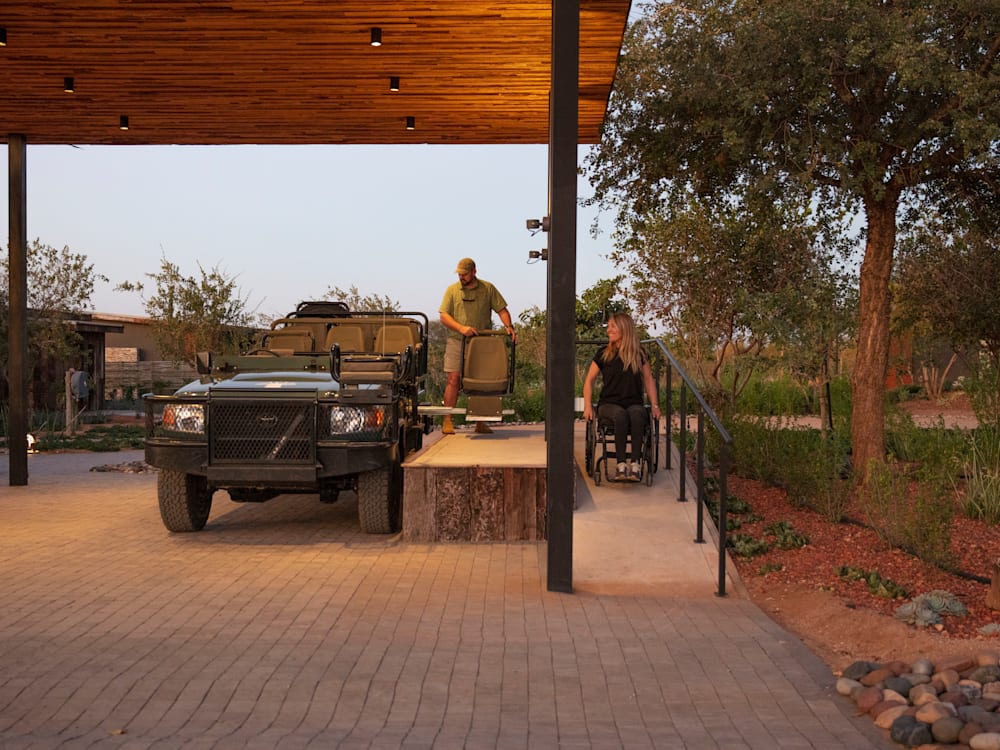
What are the challenges around getting the info you need?
Luxury travel is a sector where people want to get [the information] right, but more often than not, as an industry you cannot understand the complexity and the range of needs from the disabled community – they’re too broad, no one can.
But you don’t have to. What [hoteliers] need to do is capture all the content we might need, so that we can decide, as individuals, whether we can come or not. [This can be done by] providing us with Matterport scans, extensive photographs of rooms and video walkthroughs from arrival to the rooms; by scanning the floors and thresholds, and accurately measuring [doorway] widths.
So the desire to define accessibility is getting in the way?
Yes. I wish we could take away that word [accessible] and instead present all the information we need in order to decide whether [a hotel] is accessible for us. We get infantilised as a community so much that people think they need to make those decisions for us. I think [disabled people] need to be more empowered as travellers, by the industry providing more information for us to determine for ourselves.
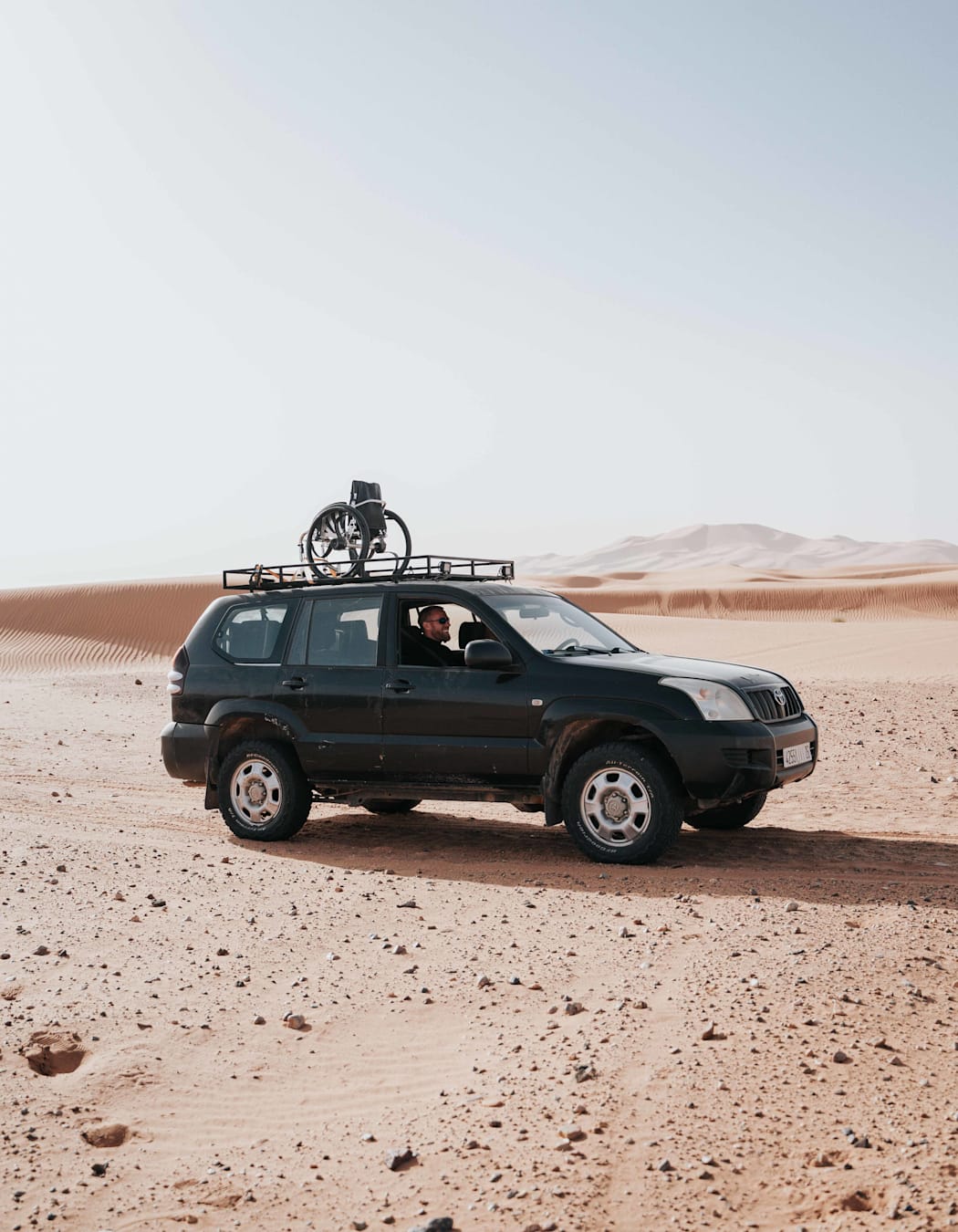
How can we get better access to information for disabled travellers?
I liken it to a restaurant menu. Everyone knows that everyone’s got different allergies now. It’s standard to be asked when you sit down for dinner whether you have any allergies or any dietary requirements. Those questions are so normalised now. ‘Do you have any access requirements?’ is such a brilliant question, because it allows me to give you information.
It could be [directed at] someone with neurodiverse needs or someone with vision impairment who needs a large-print menu – these people may not see themselves as disabled, so why can’t we just assume that guests have access needs. Let’s just assume it, like we do with dietary requirements.
Where have you visited that has gotten it right?
I went on a wheelchair-accessible safari in Kruger National Park, to Ximuwu, and that was incredible. And the US in general is good at catering to disabled travellers, especially in the national parks, where they’ve thought about access and created flattened, widened trails.
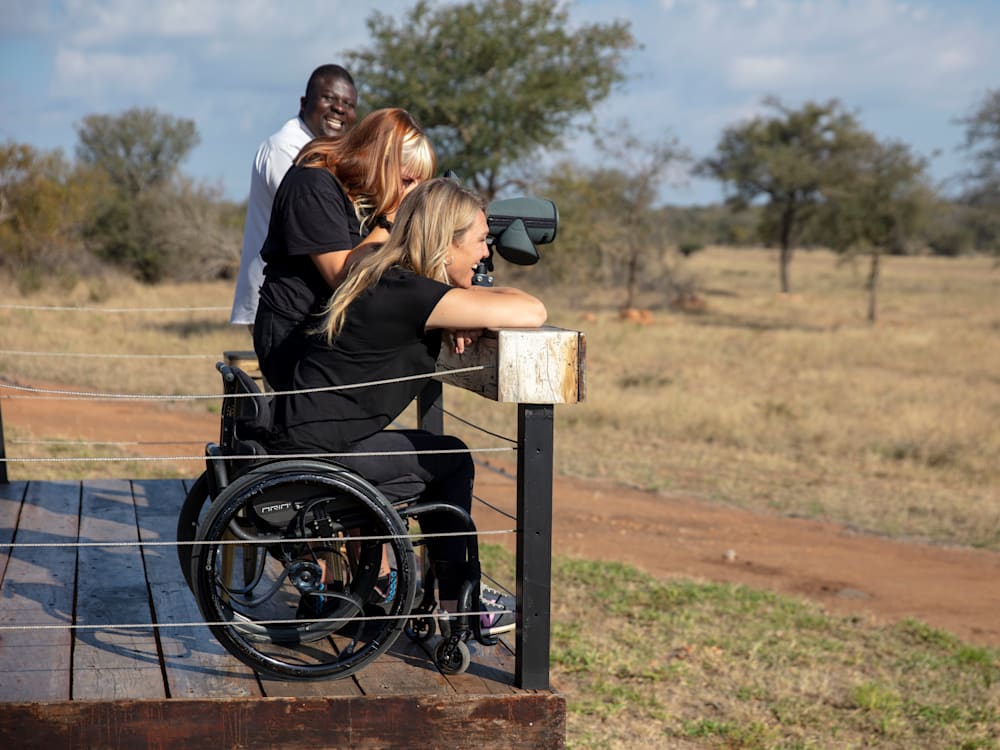
What’s next?
I wish we could reframe accessibility. In the same way as we’ve seen with [adopting] sustainability – inclusion is the next space we need to move into. And I don’t just mean for wheelchair-users, but for anyone from any kind of background – everyone should feel included. That’s the gold standard and we shouldn’t settle for anything less.
You can browse Mr & Mrs Smith’s complete range of accessible hotels here.
(Images 1, 2, 3 and 5 courtesy of Reece Chapman; and images 4 and 6 courtesy of Daniel Vaughan.)
